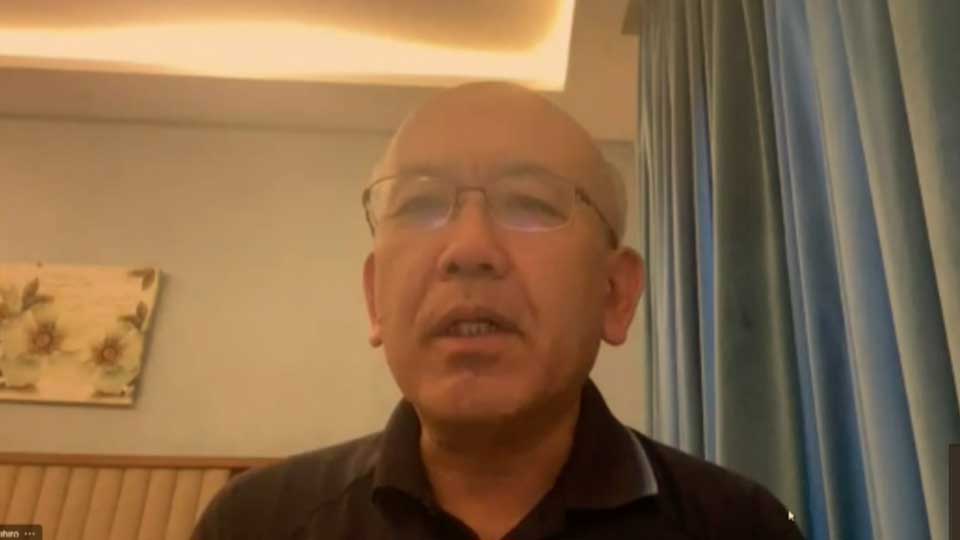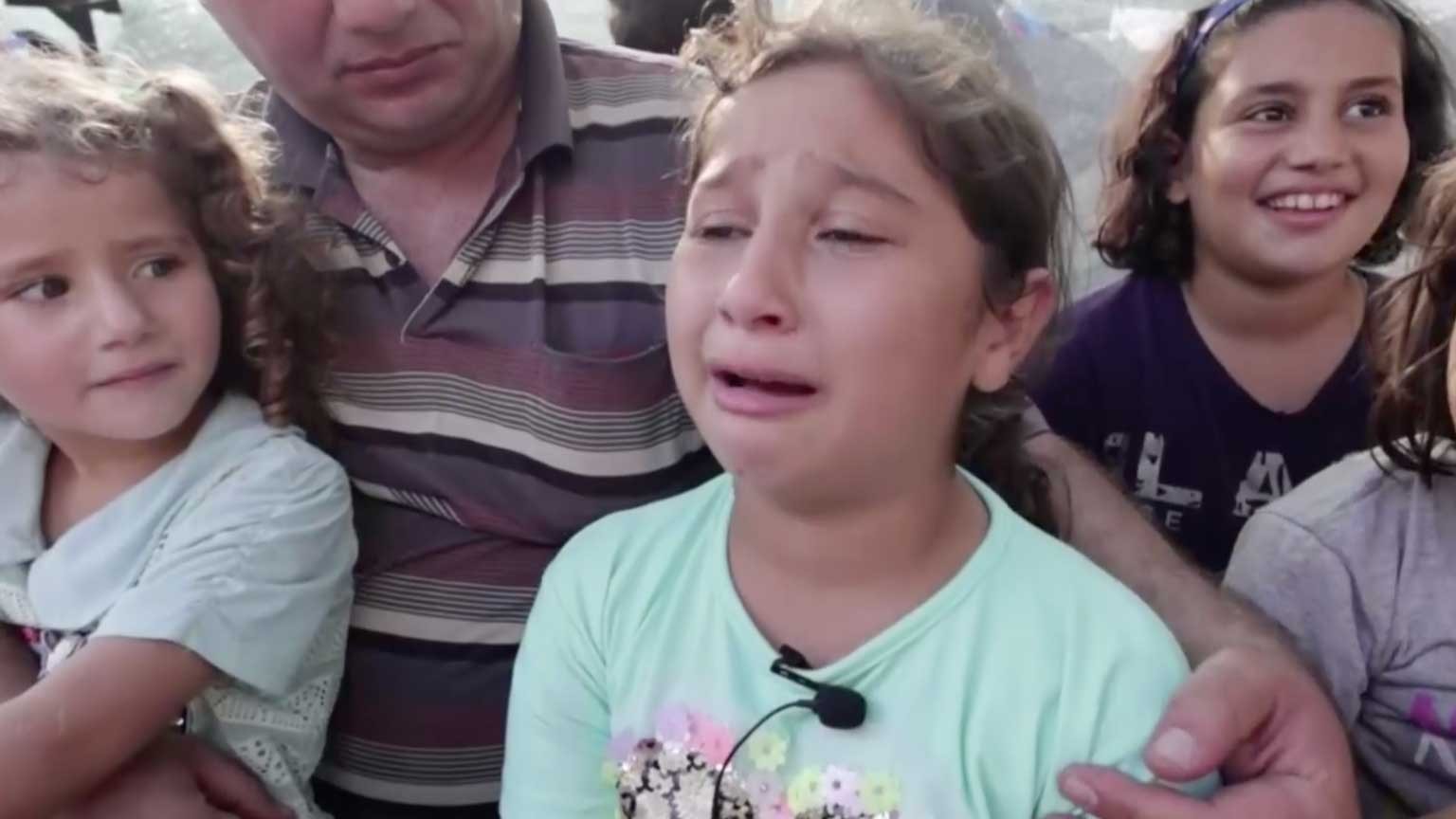Seita Akihiro, a Japanese national who heads the healthcare division of UNRWA, has been in daily contact with staff based in the Gaza Strip. He was in Cairo when NHK spoke with him.
Seita has witnessed conflicts in the Middle East for years but says what's happening now is on a different scale.

Seita says there are about 600,000 internally displaced people in Gaza, and 380,000 of those are staying in school shelters set up by the UN. (Since the interview, both figures have reportedly risen.)
He says his Gaza-based colleague is currently housing between 50 and 60 relatives who fled the violence. He says he has heard of many similar cases.
Seita also says that along with a lack of shelters, shortages of food, water and electricity pose life-threatening issues.

Medical facilities struggle to function
Out of the 22 clinics that UNRWA operates, only eight of them are functional. And even they are facing difficulties due to shortages of medical supplies.
Seita says the eight clinics will run out of medicine within a month if they remain the only facilities providing treatment.
Seita says hospital intensive care units are overflowing, which raises the risk of people needlessly dying because they cannot receive timely medical care.
Saving children
Seita had been working on peace-building efforts by taking Gaza junior high school students to Hiroshima. The visit took place on October 5. Two days later, the conflict at home erupted.

The children couldn't return to Gaza. They are now being housed at a UNRWA office in Jordan.
Seita said the students try to remain upbeat but sometimes cry.
He arranged phone calls between the children and their parents in Gaza. Students said their parents told them to "do whatever it takes to survive there."
Seita said supporting these children is now one of his duties.
He's requesting donations and other forms of support, saying, "For those who are living day to day, for people in the Gaza Strip who face difficulties, for children and mothers, I will make sure I deliver the support."
Seita is now working with UN agencies and other organizations to prepare to transport medical and other supplies immediately after a humanitarian corridor is established.
Visit UNRWA's site to donate:
https://donate.unrwa.org/-landing-page/en

